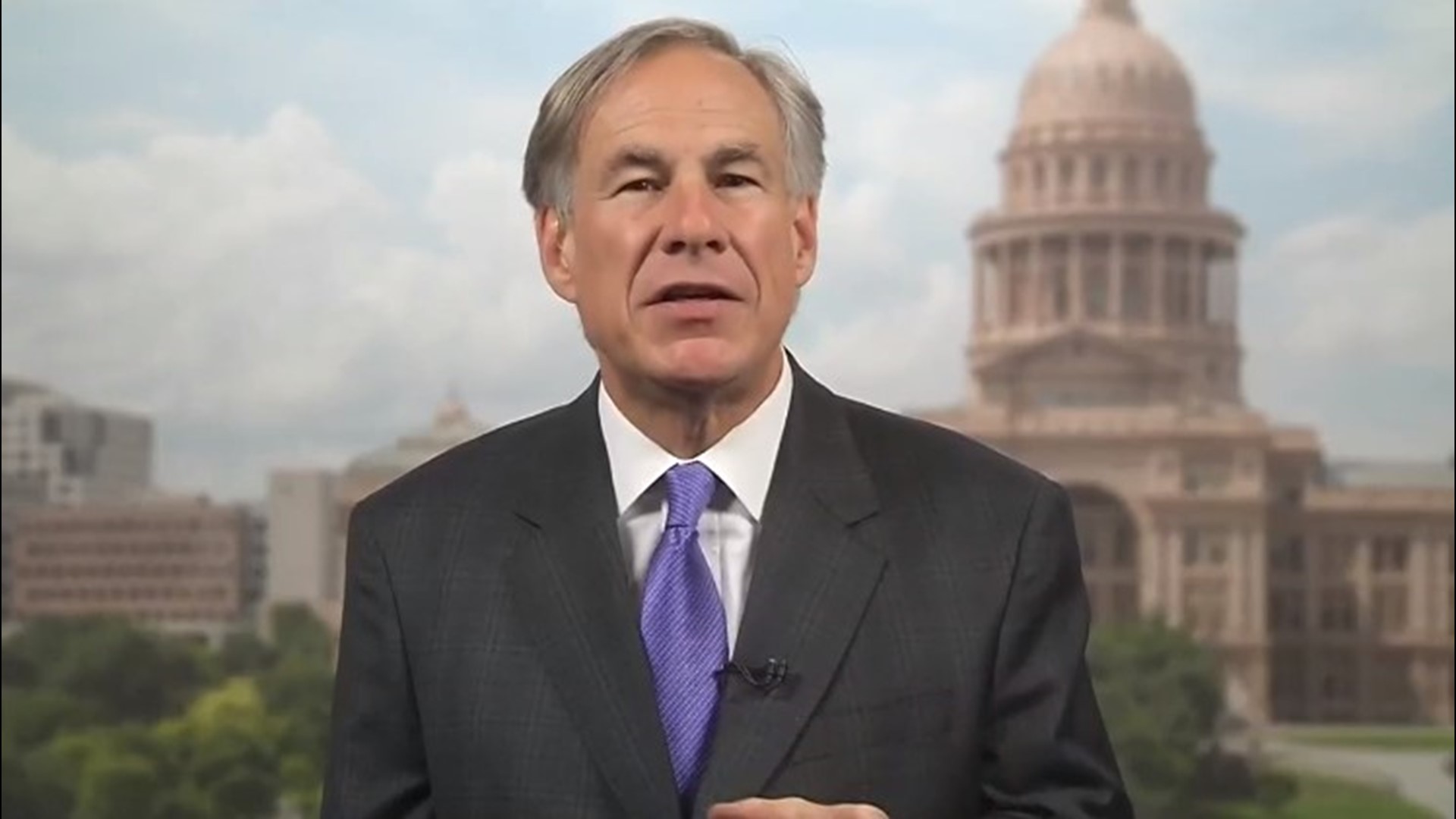DALLAS — When the U.S. Food and Drug Administration gave emergency authorization to the use of remdesivir to treat COVID-19, Gilead, the manufacturer of the drug donated 600,000 doses to the federal government for distribution to hospitals across the country.
“This week, they distributed about 32,000 doses and none came to Texas. Certainly, none came to North Texas,” said W. Stephen Love, president and CEO of the DFW Hospital Council.
Love called it disappointing.
“We’re a large state. We’ve got quite a few cases of COVID-19 and we think we need this medication,” he said.
Texas is also the state where important research identifying remdesivir as a potential treatment was done.
Wenshe Liu is a chemical biologist at Texas A&M University in College Station.
When Liu began to hear about a mysterious virus spreading across China, he felt a sense of urgency to act. His in-laws live in Wuhan.
Liu began scrutinizing any and all research Chinese scientists would release about the makeup of the virus.
“We had sufficient knowledge about SARS and we knew that SARS and coronavirus have similar critical enzymes that are almost identical,” Liu explained.
He began looking at the experimental drug remdesivir and made a connection.
“Remdesivir can prevent the replication of the genetic material of this virus inside a human cell,” he explained. “It can slow down virus reproduction in human patients so our immune system can catch up.”
RELATED: VERIFY: What is remdesivir?
In January, he published a paper identifying remdesivir as a potential treatment for COVID-19. It was the first such research to be published.
“My purpose at that time was really to push the Chinese government to work with Gilead to use remdesivir to treat patients in Wuhan, because my in-laws live there,” Liu said.
While a FEMA spokesperson confirmed that the initial allocation of remdesivir was made to seven states on Tuesday, the agency said the Department of Health and Human Services will be managing further distribution based on need.
No one from the Department of Health and Human Services responded to WFAA’s response for information about why no shipments came to Texas.
Neither FEMA nor the Department of Health and Human Services offered a list of the states or hospitals where the shipments were sent.
Several North Texas hospitals, including Parkland, Methodist Dallas Medical Center, and UT Southwestern Medical Center, already had some clinical trials underway.
So, some patients are receiving Remdesivir as a COVID-19 treatment, but Love says more patients could have access if the government would ship it to Texas.
Love said he has reached out to the offices of Sen. John Cornyn and Sen. Ted Cruz as well as members of Congress to ask them to press FEMA and the Department of Health and Human Services to explain what criteria the agencies are basing distribution on.
“We haven’t been through this before, so I want to be fair to all involved,” Love said.
“But, I think if they would have had a plan on exactly how it was going to be distributed, if they'd laid out the criteria...then people would be a little more at ease.”
Liu admits he feels a little “vindication” that the research he put forth in January has proven true, but he also says he feels pressure.
He’s shifted the focus of his lab at Texas A&M to finding additional treatments for COVID-19.
“As a scientist I feel like I have a responsibility to really do things to really help society,” he said. “We’re going to see some virus be resistant to remdesivir. We still have a lot of options to find different treatments, we really just need to buy time.”


